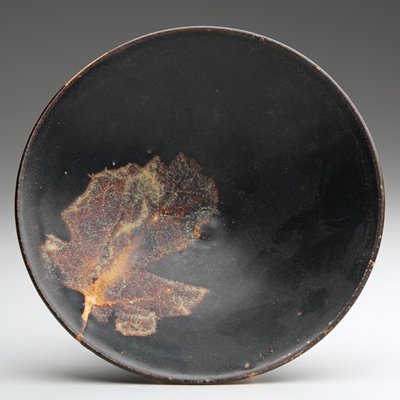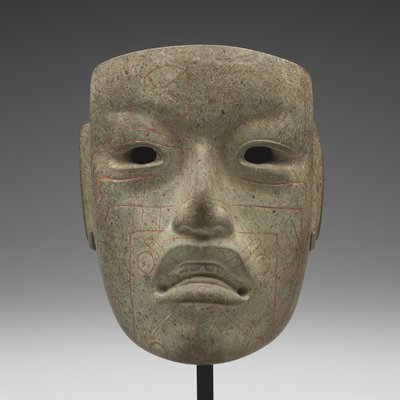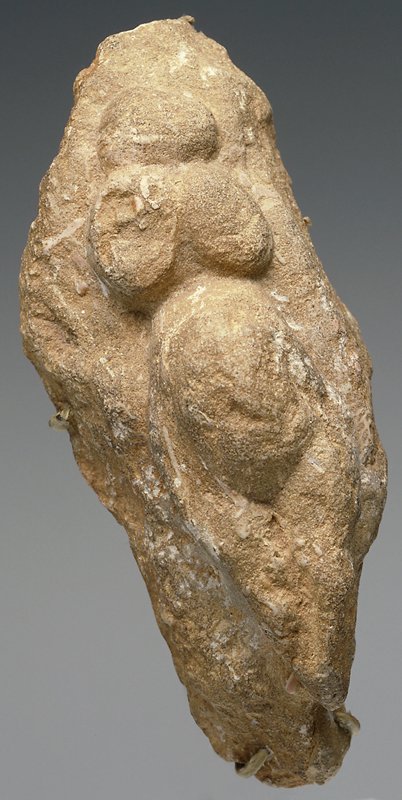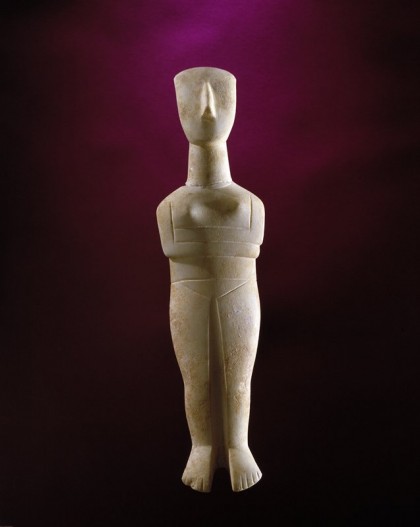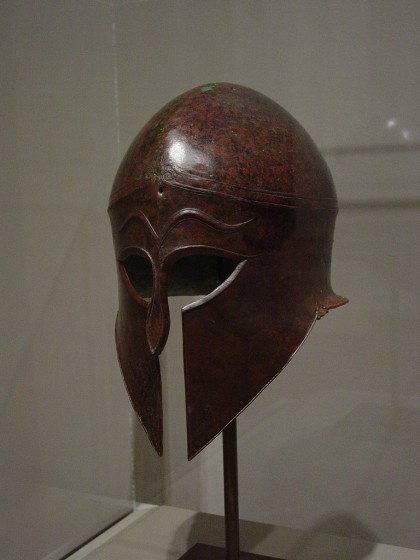Beltane Running Creeks Moon
This is no longer a silly season. We’ve passed over silly into the Madhatter zone. How did the richest and most powerful country in the world, renowned for its democratic experiment, manage to nominate for the presidency two its most reviled citizens? This is a question that will puzzle the world, this country, political scientists, pundits and historians for decades. Not, to make it all that much worse, that there were any really better options. A crazed Texan whom nobody liked? A sneaky far right winger with a Cuban pedigree? An Ohio governor who masked a cruel streak? An aging and not very presidential democratic socialist from the Green Mountain State? This is the best we can do?
Feeling the Bern, for those us of a leftist persuasion, has been great fun, but he was no more presidential in his way that triumph of skyscraper buffoonery, Donald Trump. Hillary does have the chops, the gravitas for the job, I’ll give her that. And, it may have to be enough this year. As a country, we simply cannot afford to put an idiot in the Whitehouse. Hillary is a centrist, a hawk and definitely uninspiring.
The people who raise her negatives are not all boiling over tea party crackpots. She’s wonky and sort of anti-charismatic. Her inability to reach younger women has put a bright line down in the lane markers of contemporary feminism. Older women who want a woman, a competent, dues paid up woman like Hillary are in a slow lane to the right of the millennials who want what the feminist revolution promised, to choose a candidate based on her politics, not her gender. This may be one of the larger ironies of our time. The very success of mid to late 20th century feminism has made breaking the ceiling with the toughest glass difficult for one its champions.
I wish I could view this as a phenomenon, a circus act, a sideshow moment in our political history. This way to see the most incredible hair in all of American politics. See the amazing slippery Hillary explain it all. It’s not, though.
It’s a time Christian theologians of the crisis school would call kairotic. A time of kairos, a time that requires action, definitive action that will dramatically affect the future. Climate change has a deadline and that deadline is 2050. If we don’t reduce the use of fossil fuels by 80% by 2050, a huge amount, then the degree of climate change that will be baked in will alter our grandchildren’s world beyond our recognition.
This single issue has many political inflection points: fracking, tar sands, the whole Middle East mess, the funding of terrorism, how to support renewable fuels, funding new modes of transportation, shifting the world’s manufacturing and home heating energy sources and perhaps most importantly the economic impacts of all these.
Climate change and its hydra headed nature is not, however, the only critical issue. The continued rise of Asia, China and India foremost there, will change the geopolitical nature of our world, already has changed it. The tensions in the South China Sea are a leading indicator. India, within the next decade, will pass China as the world’s most populous country. How these two Asian giants manage their economies, their militaries, their internal politics will demand creative responses in U.S. foreign policy.
Internally, we have an economy that has thrust a demagogue and a left-wing populist into national prominence. This is a gilded age more patinaed than that other Gilded Age which Mark Twain satirized. The fault lines in our economy are many. The un or undereducated young have an unemployment rate of 17.8% according to today’s New York Times. The radical union busting of the post-Reagan era, all too successful, has diminished the clout of those in working class jobs like hotel cleaners, janitors, minimum wage factory workers, convenience store clerks, fast food workers.
Meanwhile, the gutting of Glass-Steagall led to the very catastrophe it was enacted to prevent, runaway banks and cunning, rather than sensible, financial instruments and markets. This had the perverse effect of giving the already muscular top 1% of our economic elite a sustained regime of fiscal steroids leading directly to the dangerously top heavy accumulation of wealth in our distributional pyramid. It’s more of an inverted pin really, a pinhead of unimaginably concentrated power and a thin column of those who barely count economically. This is a recipe for revolution, a recipe which has already led to Trump and Sanders, the mildest menu items on the list.
The Black Lives Matter movement continues a history of our nation long struggle to open our society to descendants of the enslaved. Changing demographics will alter the relative power of Latinos, African-Americans, Asians, Native Americans and Whites. The surge of angry white men wanting to make America Great Again is an attempted stiff arm to the increasingly powerful rush of these forces.
Finally, although not at all really the end, we have in the West, where I know live, a movement, the SageBrush Rebellion, which wants to take public lands and turn them over to state control, eventually for sale to private parties. This movement is a quixotic but potent mix of NRA supporters, libertarians, would be right-wing revolutionaries, ranchers, constitutional wingnuts. All of them find the economic and demographic changes going on now threatening in the extreme. The economies of the West are often fragile, subject to market forces beyond their control and now water issues made more difficult by a changing climate.
None of these are trivial matters, none of them will be blustered away or easily solved, even with the best of intentions. The world, our planet, needs, deserves leadership that will address these problems, not avoid them. Given the choices in this madhatter political season here in the U.S., I say Hillary. She’s the best still standing.


